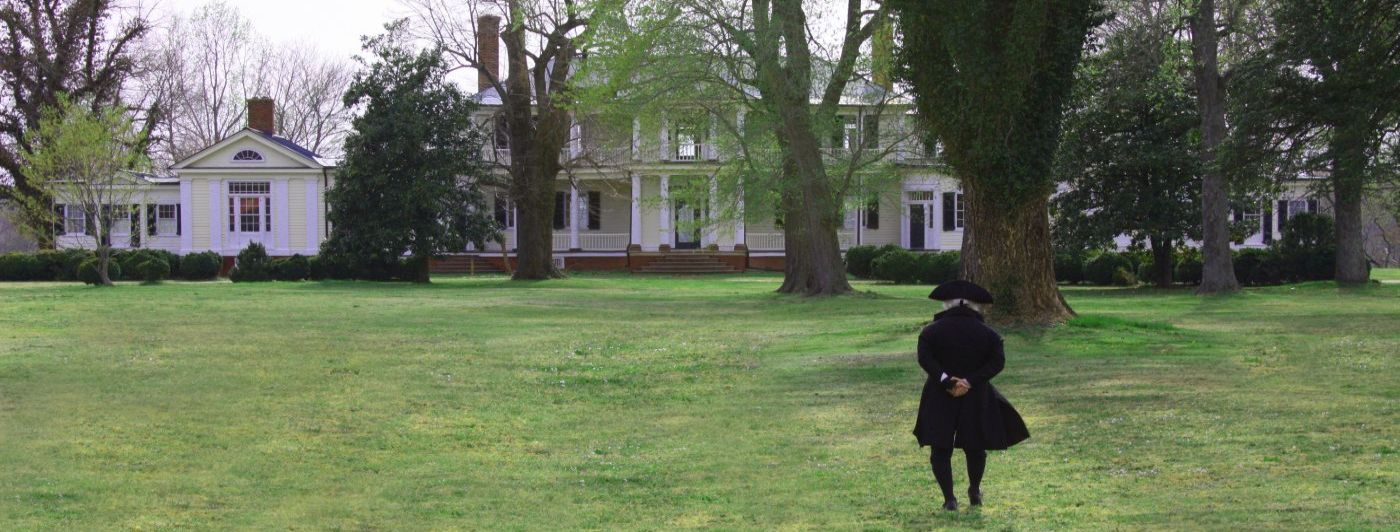New Year’s Day Meal Southern Style

My grandmother, Nannie, was a Grand Southern Lady. She taught me three things growing up, cooking, entertaining and history. From the time I was just knee high, she had me in the kitchen working with her. She would give me small things to do, while teaching me the important things in cooking. It was through these lessons that she also taught me the family traditions that were passed down for generations.
One of these traditions was the New Year’s Meal. Now there are many traditional family meals for New Years. I found out when I married my Midwest husband, Brett. Their traditional meal was Sausage and Sauerkraut. But in my family the meal was not only traditional, but it had meaning.

Southern New Years Day Meal
If you are from the Southern United States, you know what meal I am talking about. We would have Hoppin’ John, Collard Greens, Cornbread and Ham. If you are from anywhere else, you are more than likely thinking, what is a Hoppin’ John?
Hoppin’ John is a dish consisting of black-eyed peas or field and rice, with chopped onion and ham hock, seasoned with a bit of salt. Smaller than black-eyed peas, field peas are used in the Low Country of South Carolina and Georgia; black-eyed peas are the norm elsewhere.
Eating this meal on New Year’s Day is thought to bring wealth and luck to you in the New Year. Each of the dishes had some meaning to it. The Collard Greens were symbolic of money because of their green color. The Peas were symbolic of coins. The Cornbread was symbolic of gold. Pork is a staple of just about every Southern meal, so it’s usually cooked with the black-eyed peas. The pork seems to be there for flavor as opposed to symbolism. Another thought is that eating these simple legumes demonstrates humility and a lack of vanity. The humble nature of the black-eyed pea is echoed by the old expression, “Eat poor on New Year’s, and eat fat the rest of the year.”
Eating black-eyed peas on New Year’s has been considered good luck for at least 1,500 years. According to a portion of the Talmud written around 500 A.D., it was Jewish custom at the time to eat black-eyed peas in celebration of Rosh Hashanah, the Jewish New Year. It’s possible that the tradition arrived in America with Sephardic Jews, who first arrived in Georgia in the 1730s. During the Middle Ages, in France and Spain it was thought to bring good luck to eat beans on New Year’s Day as well.
As for the Southern tradition, it is thought to come from the Civil War time period. As Union soldiers would take over a farm in the south, they would take all but the peas and greens. They thought the peas and greens were more for animals than humans so they wouldn’t take them.
I bet you didn’t know this. If you eat leftover “Hoppin’ John” on the day after New Year’s Day, they aren’t called “Hoppin’ John” any more. They are called “Skippin’ Jenny”. It is thought that it further demonstrates one’s frugality and brings a hope for an even better chance of prosperity in the New Year.
There are other traditions around this meal. One is that each person at the meal should leave three peas on their plate to ensure that the New Year will be filled with luck, fortune and romance. Another tradition holds that counting the number of peas in a serving predicts the amount of luck or wealth that person will have in the coming year. I think I would take that whole pot with that thought! Some people even throw a dime into the pot and believe whoever winds up with the dime in their serving gets extra good luck for the coming year. But if you don’t like to mix your peas with coins, another tradition is to place a dime under a plate on the table. Whoever ends up at that place gets the extra luck. No peaking!
So whether you have this wonderful meal for your New Year’s Day or not, I hope that you will try one of the best Southern recipes I have. It was passed down to me and we enjoy sharing it with you.
Hoppin’ John Recipe
Ingredients:
- 2 cups dried black-eyed peas
- Cold water
- 1 pound meaty ham hocks
- 1 large onion, chopped
- 1/4 to 1/2 teaspoon crushed red pepper flakes
- 4 cups chicken broth
- 2 cups uncooked long-grain white rice
- Salt and black pepper to taste
Preparation:
Before preparing dried beans, sort through them thoroughly for tiny pebbles or other debris. Soak, rinse, and drain dried black-eyed peas. Place black-eyed peas in a large soup pot over medium-high heat and cover with cold water; bring to a boil. Remove from heat; cover and let stand 1 to 2 hours. Drain and rinse beans.

Rinse and drain your peas
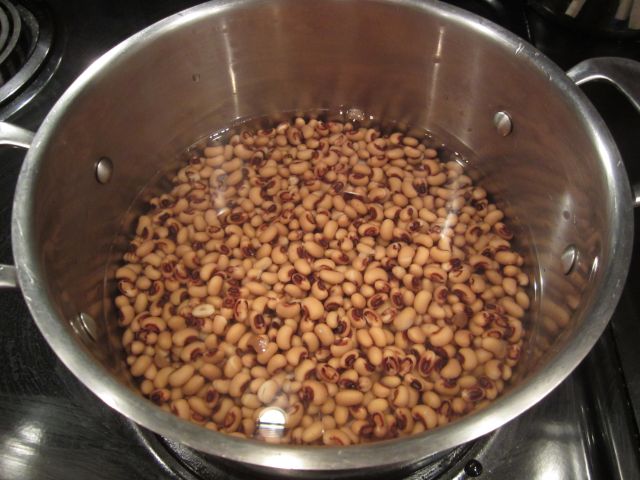
Cook your peas
Using the same large soup pot, over medium-high heat, sauté your onions then add soaked black-eyed peas, ham hock, and red pepper. Add chicken broth; bring to a boil. Reduce heat to medium-low and cook for 1 1/2 to 2 hours or until the peas are tender (do not boil as the beans will burst). I like to cook my peas in a crock pot to allow them to slow cook. It also makes the house smell really good!
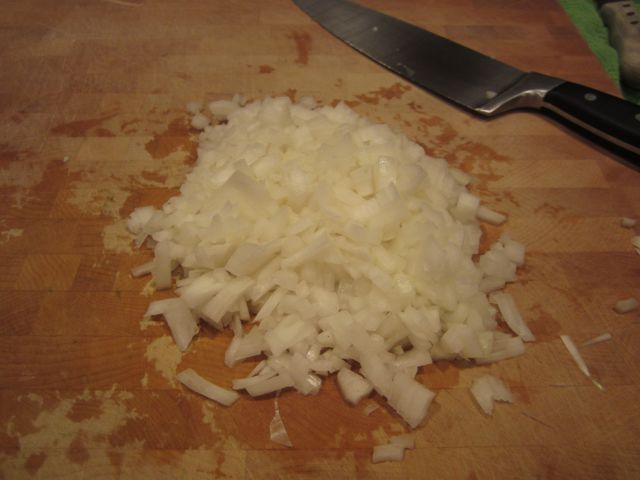
Dice one onion

I like to saute my onions in bacon dippings that I have saved from cooking bacon. It gives them a really nice smokey flavor.
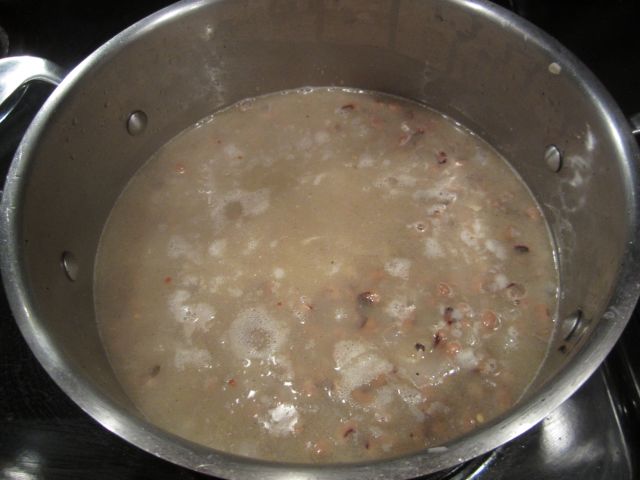
Add peas and seasonings. Note – This year we didn’t use a ham hock so the bacon flavor took the place of the ham hock.
Remove ham hock and cut into bite-size pieces. Return meat to pot. Stir in rice, cover, and cook 20 to 25 minutes or until rice is tender and liquid is absorbed. Remove from heat and season to taste with salt and pepper.
Makes 8 servings
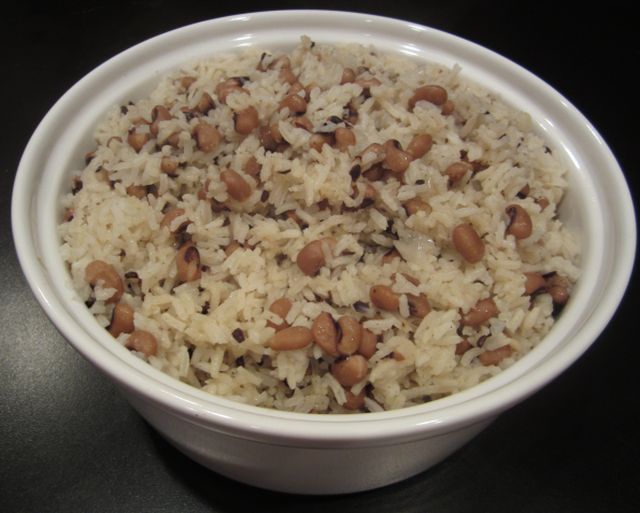
Hoppin’ John
How to cook your Collard Greens

Break apart your collard leaves and rinse them really well. They generally have sand and dirt on them like leeks.
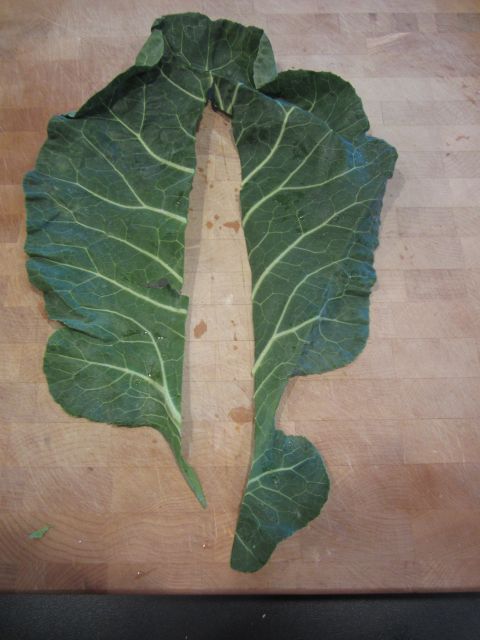
Remove the center stem from each leaf

Stack Leaves

Roll Leaves into a small bundle
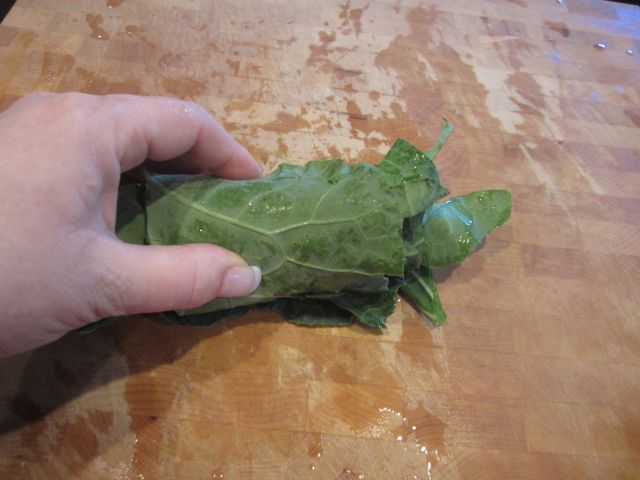
Small bundle

Slice the bundle into small sections.

This is called Chiffonade

Add to Crock Pot, Remember they will cook down so you will need what looks like a lot at first.

One thing I add to my Collards is bacon dippiings. When I cook bacon, I reserve the dippings in the refrigerator to use in cooking. If I get too much saved, I just trash some of it.
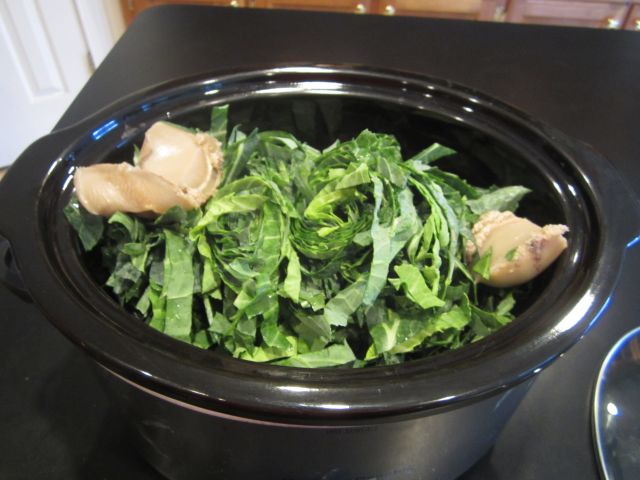
I add about two tablespoons of bacon dippings. It gives it a wonderful smokey flavor. I also add salt, pepper and crushed red pepper for a little heat. It’s not spicy hot.
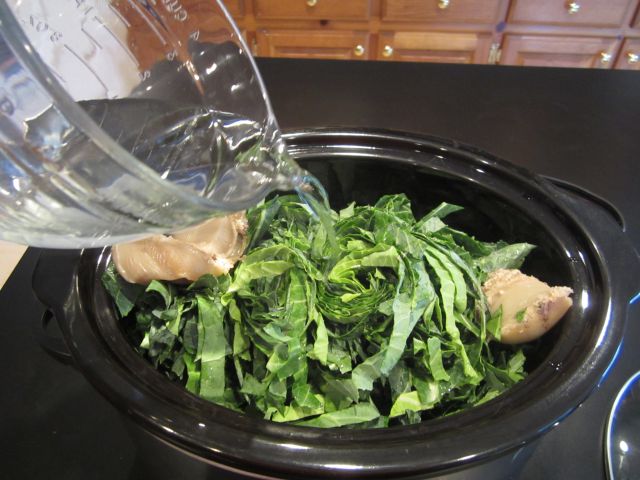
Add water to cover just half way up. Don’t completely cover the collards. Slow cook for a few hours, stir once in awhile.

Serve with a touch of pepper vinegar (best way to eat them!)
See more of the foods that we will be cooking at Belle Grove Plantation on our Facebook Page!
Also don’t forget to submit your Cookie Recipe for our Annual Cookie Contest!
Just Click on James Madison to see how to enter!



